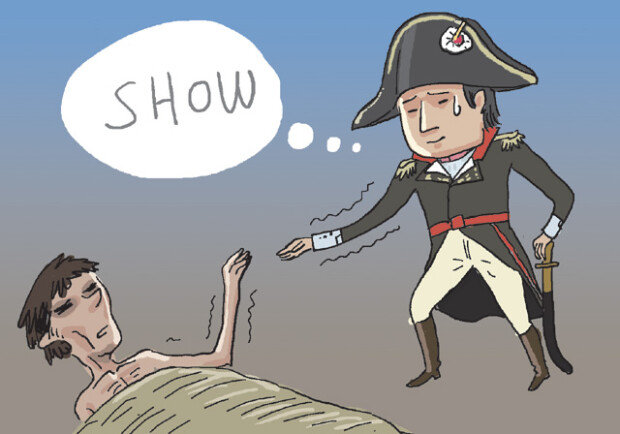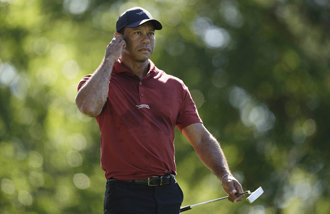Napoleon’s sympathy for show
Napoleon’s sympathy for show
Posted February. 25, 2020 07:32,
Updated February. 25, 2020 07:32

“I left to find a new country. I saw for the first time, and I saw without prejudices. I will set my feet on the land closed to all Europeans from 2,000 years ago, a place veiled with mysteries,” said Dominique-Vivant Denon (1747-1825) who went on an expedition to Egypt with Napoleon. Denon in his 50s was a special person. He used to wander around many places in Europe because he knew the power of new knowledge coming from unknown civilizations and took on the risk of going on an expedition at his age.
Other people who accompanied Napoleon were not as brave as Denon. In 1798, Napoleon organized a team consisted of literary scholars, scientists and others for an expedition to Egypt. He hoped renowned scholars to participate, but they refused to join an adventure filled with wars and plagues. The adventure team was young whose average age was 25, and Napoleon himself was also only 29.
The reason why Napoleon took the team to Egypt is unknown. He achieved a landslide victory in an expedition to Italy after he later became a commander of the Italian army in 1796. French citizens were enthused, but Napoleon plundered money and artworks from Italy and dedicated them to the government. Was it because he thought effective pillaging took studies? Did he think he needed to be more than just a war hero to move to the very top of power?
Napoleon succeeded to change his public image and started to equate himself with Alexander the Great who conquered Egypt. But his soldiers were greatly demoralized, and to make matters worse, the Black Death broke out. He risked his life to turn the situation around by visiting the field hospital in Jaffa to comfort soldiers and even shaking hands with a patient. Even though he ran away as soon as he stepped out of the hospital, his visit was painted in oils and used for propaganda for a long time. What would have happened if he was infected with the disease? Should we compliment his courage and will for power? Or should we sympathize with naïve soldiers?







